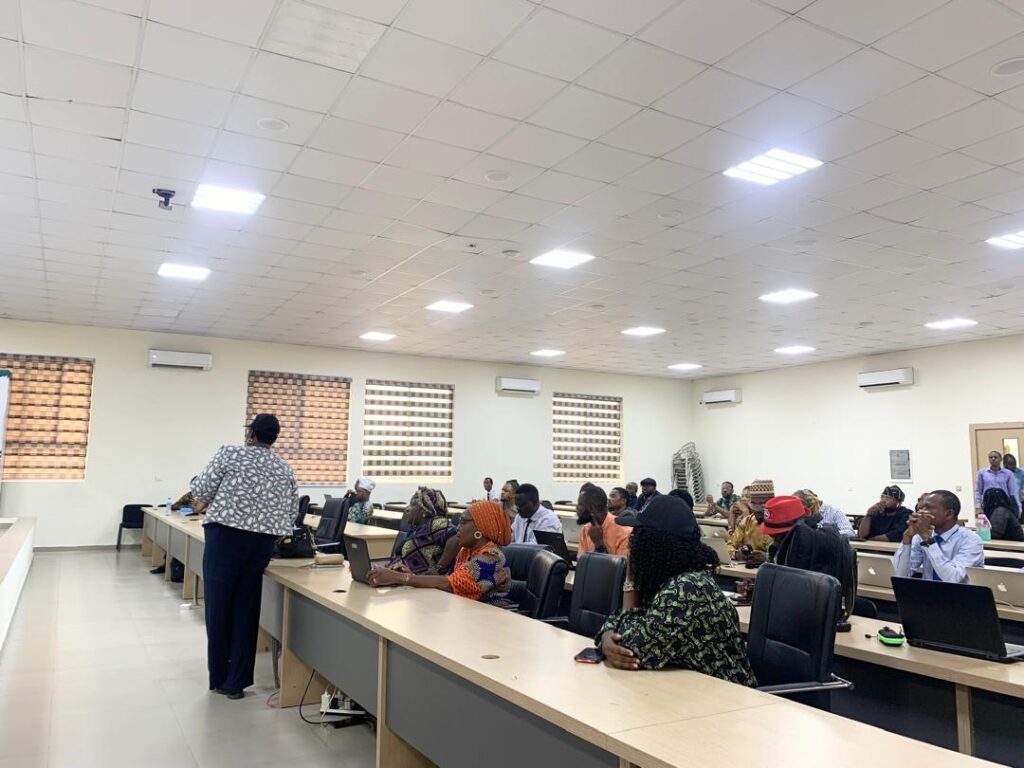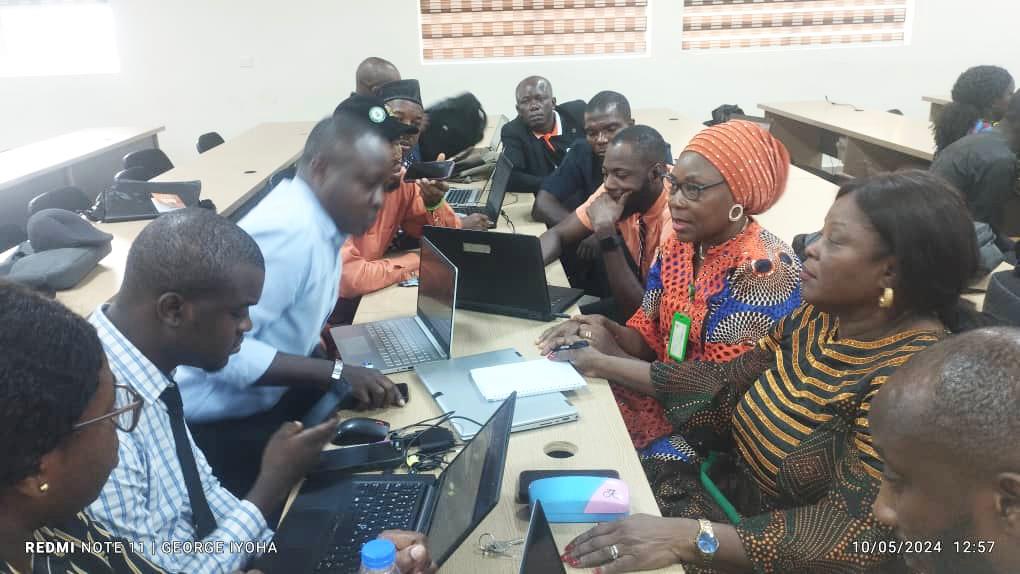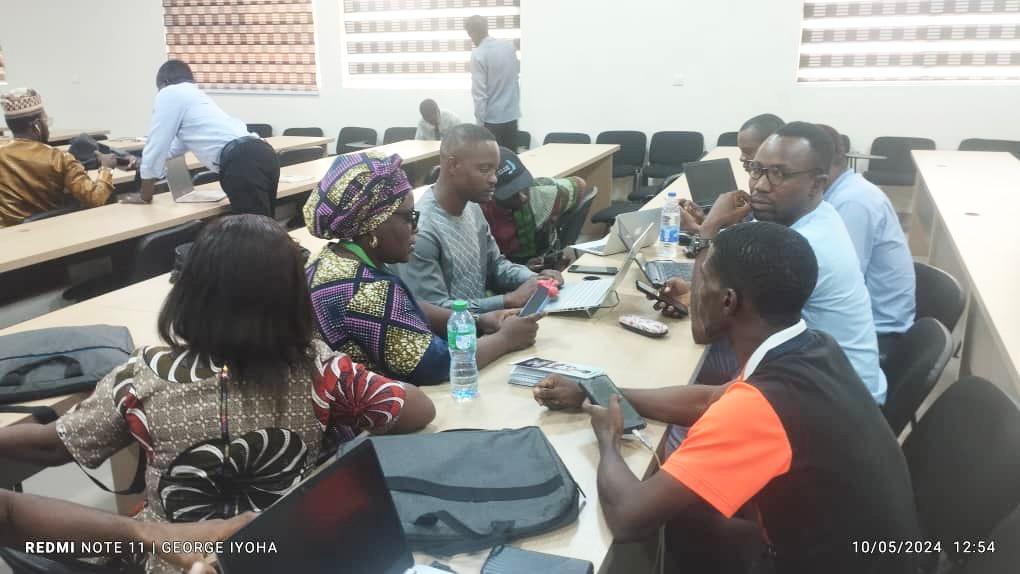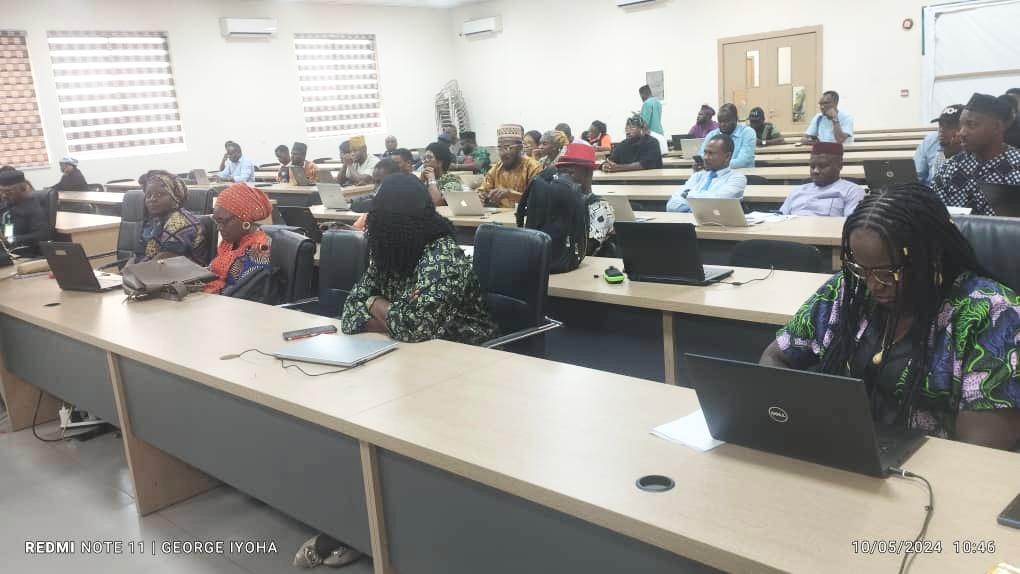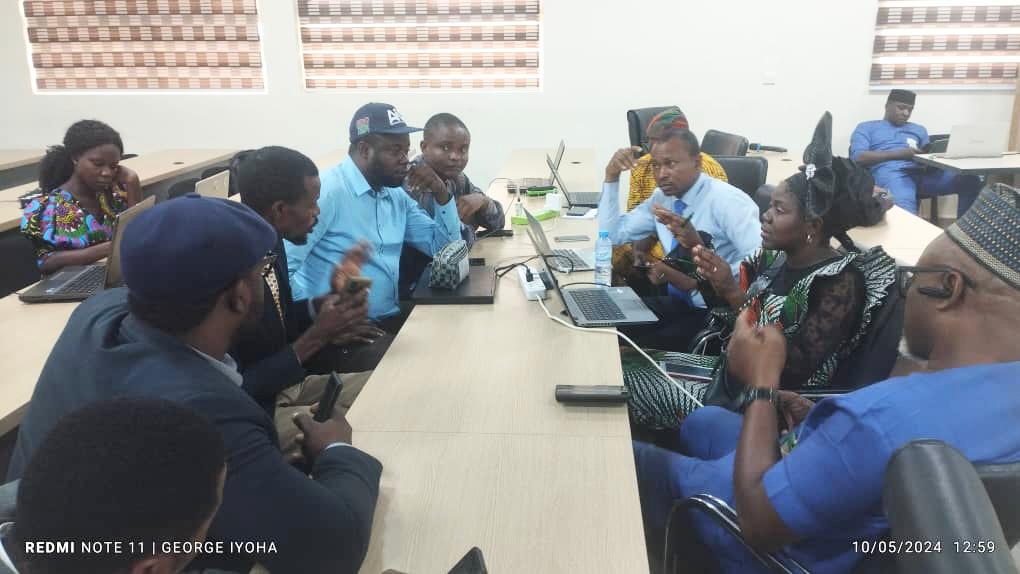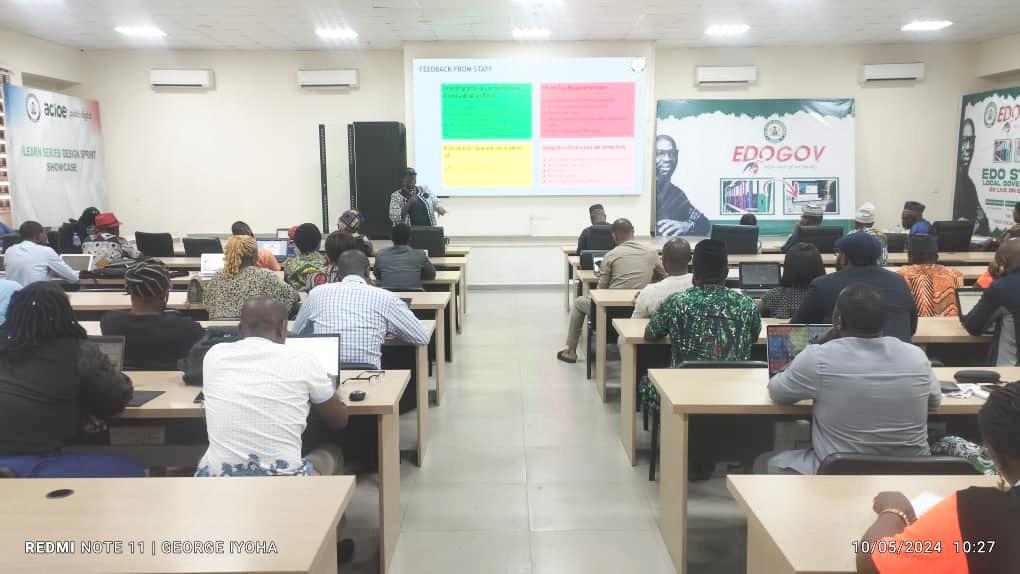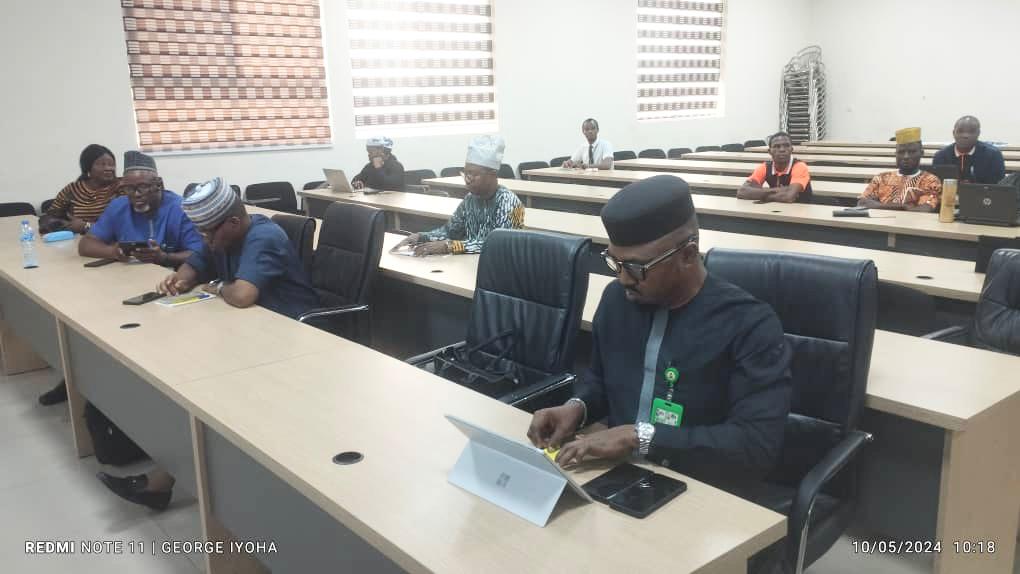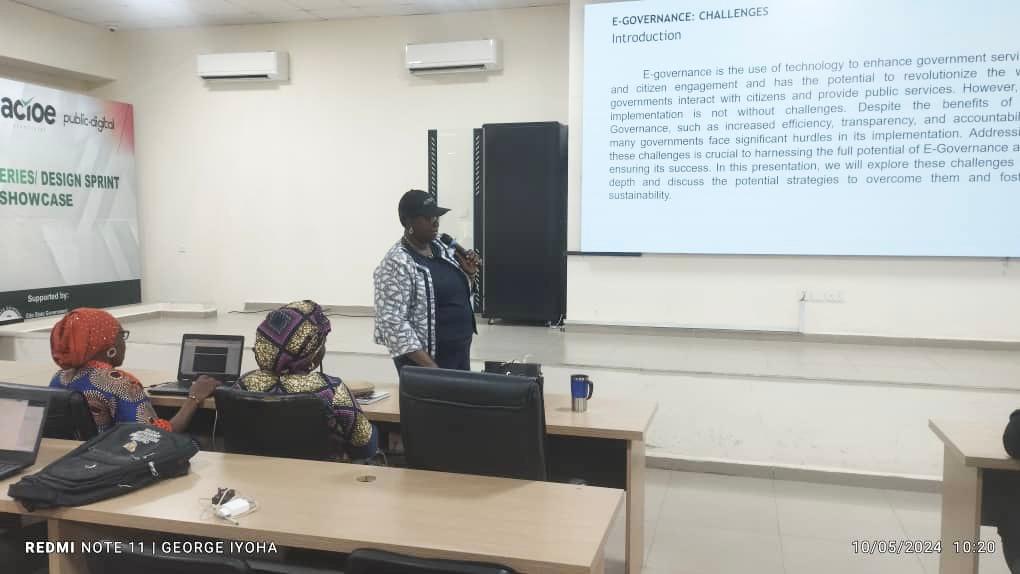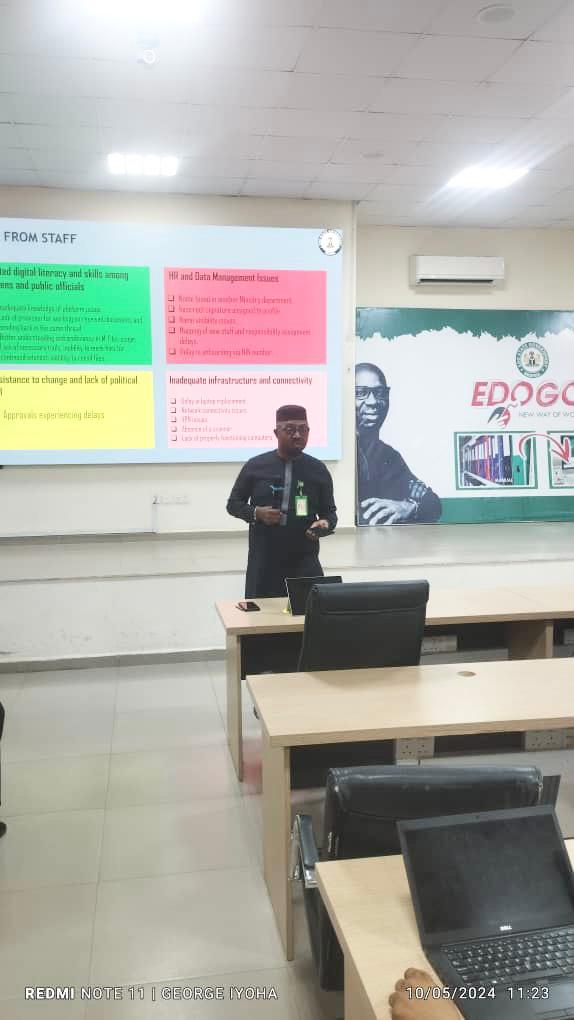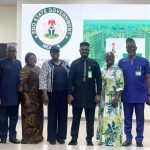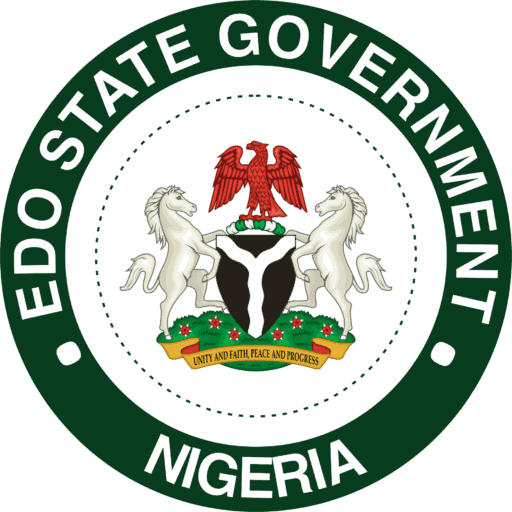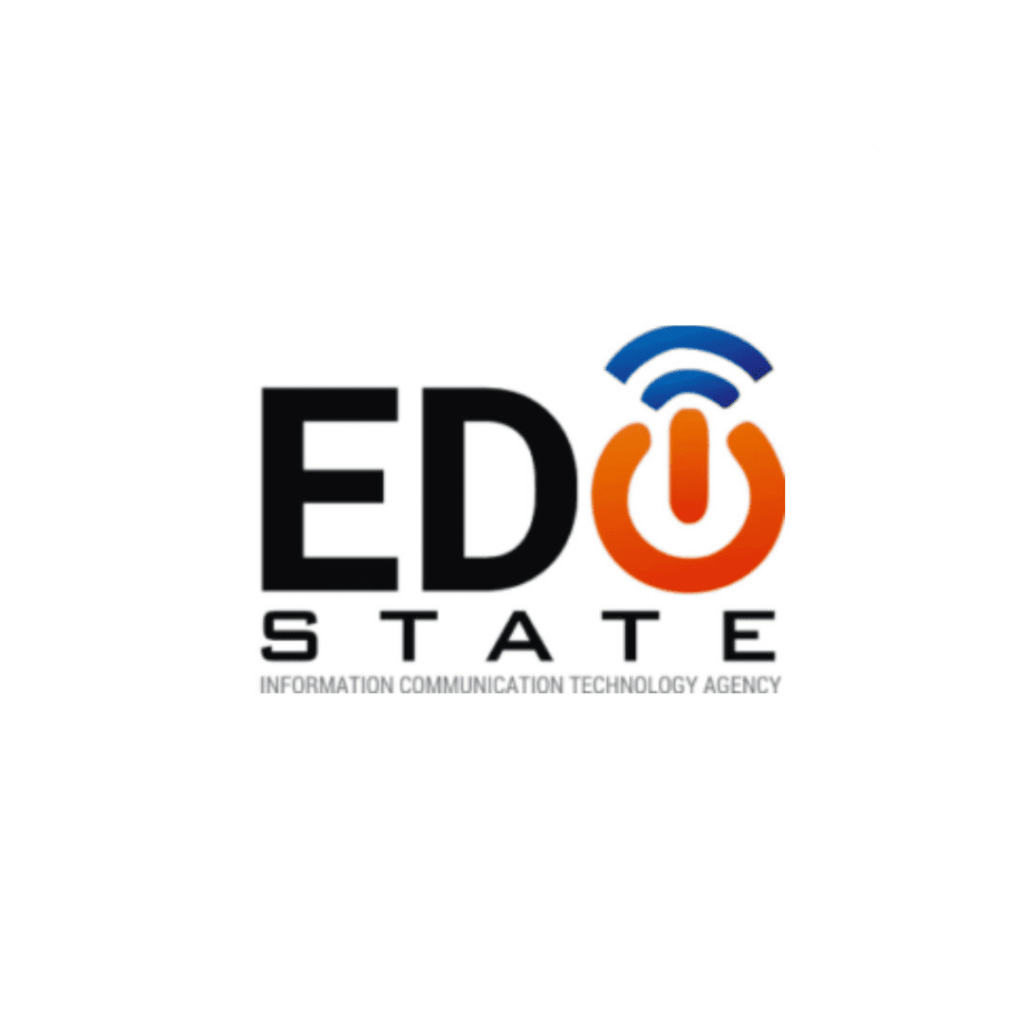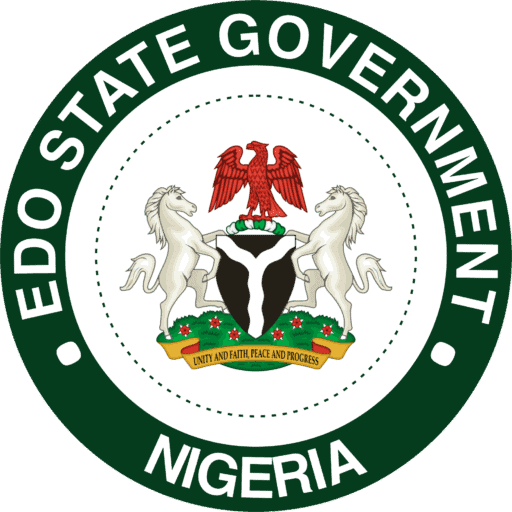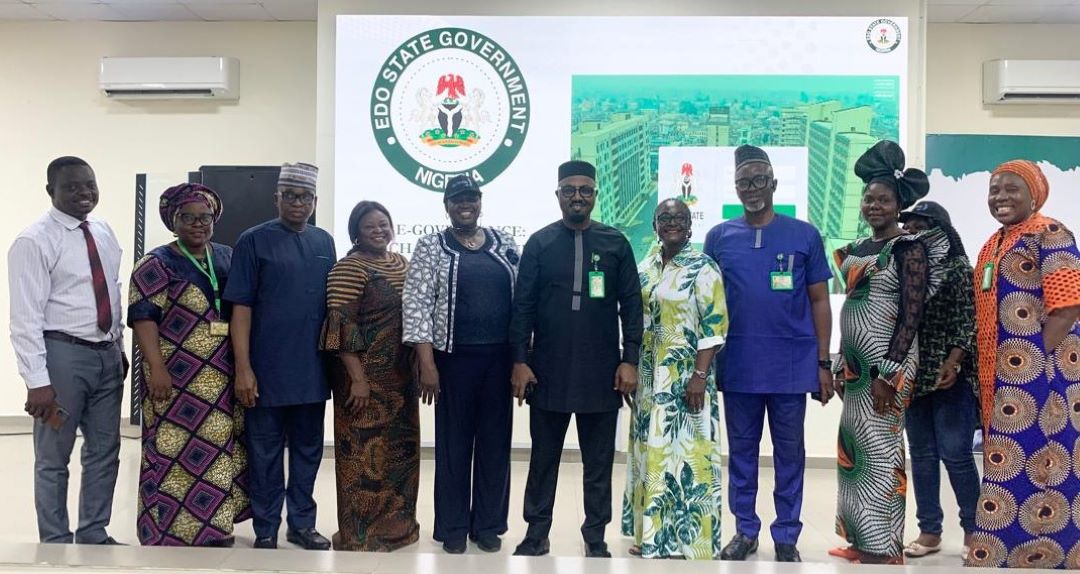In a bid to enhance the effectiveness and sustainability of E-Government initiatives in Edo State, the government recently organized a pivotal workshop. The event brought together key stakeholders including E-Government champions, the ICT Agency (ICTA) Team, representatives from GreenZone, representatives from M-Files and the Central Securities Clearing System (CSCS). Also in attendance were esteemed figures such as the Head of Service (Dr. Anthony Okungbowa), Permanent Secretaries, and Directors.
The workshop, themed “Challenges and Sustainability of E-Government in Edo State: The Way Forward,” provided a platform for robust discussions on pertinent issues surrounding the implementation of E-Government services. One of the focal points of the event was the solicitation of feedback and identification of challenges from government staff across the state concerning the E-Government platform.
A comprehensive array of challenges was deliberated upon during the workshop. These challenges were categorized into several key areas including:
- Digital Divide and Unequal Access to Technology: Disparities in access to technology across different demographics within the state.
- Cybersecurity Threats and Data Privacy Concerns: Ensuring the security and privacy of citizens’ data in an increasingly digital landscape.
- Limited Digital Literacy and Skills Among Citizens and Public Officials: Addressing the gap in digital skills among both the populace and government personnel.
- Inadequate Infrastructure and Connectivity: Infrastructure limitations hindering the widespread adoption of E-Government services.
- Resistance to Change and Lack of Political Will: Overcoming resistance to technological advancements and fostering political support for E-Government initiatives.
- Ensuring Inclusivity and Accessibility for Marginalized Groups: Making E-Government services accessible to all segments of society, including marginalized communities.
- Balancing Transparency and Accountability with Security and Privacy: Striking a balance between transparency and the protection of sensitive information.
- Limited Interface Between E-Gov and M-Files, Software Issues, HR, and Data Management Issues: Addressing technical challenges related to software integration and data management.
The workshop featured a keynote lecture delivered by Birgitta Eno Okodugha FMAN, focusing on elucidating the concept of E-Government and the associated challenges. Additionally, She presented strategies aimed at ensuring the sustainability of E-Government initiatives. These strategies included:
- Infrastructure Development: Investing in robust technological infrastructure to support E-Government services.
- Digital Literacy: Promoting digital literacy programs to empower citizens and government personnel.
- Inclusive Design: Designing E-Government services with accessibility in mind to cater to diverse user needs.
- Data Management: Implementing effective data management practices to safeguard information integrity.
- Collaboration and Partnerships: Foster collaborations between government, private sector, civil society, and academia to drive E-Government innovation.
- Continuous Improvement: Iteratively refining E-Government processes to enhance efficiency and user satisfaction.
- Green IT: Adopting environmentally sustainable practices in the deployment of E-Government solutions.
- Citizen Engagement: Encouraging citizen participation in the co-creation of E-Government services.
- Capacity Building: Providing training and development opportunities to enhance the skills of government personnel.
- Monitoring and Evaluation: Establishing mechanisms for monitoring and evaluating the impact of E-Government initiatives.
- Legal and Regulatory Framework: Developing robust legal and regulatory frameworks to govern E-Government operations.
- Private Sector Involvement: Leveraging private sector expertise and resources to bolster E-Government implementation.
Following the lecture, participants engaged in strategic sessions aimed at collectively addressing the identified challenges. The objectives of the workshop, which included identifying barriers to effective E-Governance, sharing best practices, exploring innovative solutions, fostering collaboration, enhancing understanding, and formulating recommendations, were meticulously addressed.
The workshop concluded with a renewed commitment from all stakeholders to collaborate towards mitigating the challenges facing E-Government in Edo State. Through concerted efforts and strategic initiatives, the government aims to overcome hurdles and ensure the sustained delivery of efficient and accessible digital services to its citizens.
